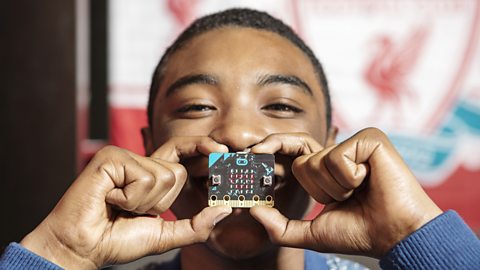This collection of classroom resources for primary and secondary schools could be used to support teaching around National Coding Week.
What is National Coding Week?
National Coding Week is an annual event that aims to promote the importance of learning digital skills and takes place on the third Monday in September. In 2024, it runs from 16-22 September.
Teaching kids to code in the classroom
This September we're launching 91»»±¨ micro:bit ‚Äì the next gen, our new campaign that aims to equip children with digital skills and provide resources and teacher training to primary schools across the UK.
Almost three-quarters of primary schools have already registered for their free classroom set of pocket-sized computers and there’s still time for you to if you haven’t already done so.
Primary resources
micro:bit - the next gen. collectionmicro:bit - the next gen
Register for your free set of 30 micro:bits and explore teacher training and classroom resources to get started.
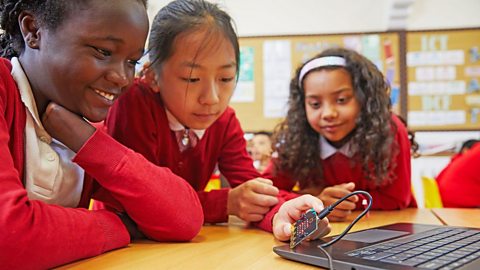
Cracking Computing. collectionCracking Computing
Narrated by comedian and actor Doc Brown, this series of short films explores some of the key topics and terminology for pupils studying primary computing.
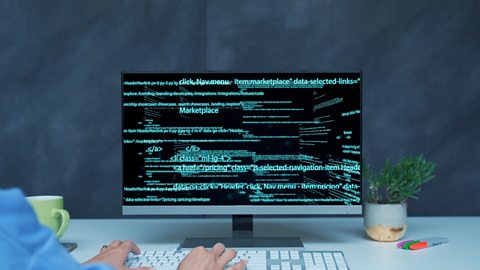
National Coding Week KS2 assembly framework. collectionNational Coding Week KS2 assembly framework
This National Coding Week assembly framework for primary schools uses video, audio and related content to promote working togther and learning from mistakes.
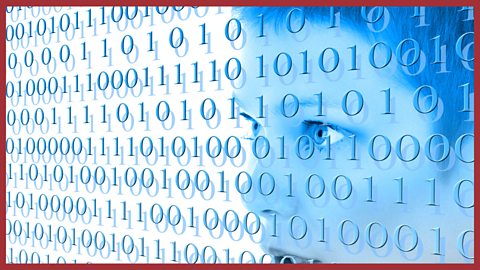
Secondary resources
How to think like a computer. collectionHow to think like a computer
Explore the principles of computing and computational thinking in these short films for secondary schools.
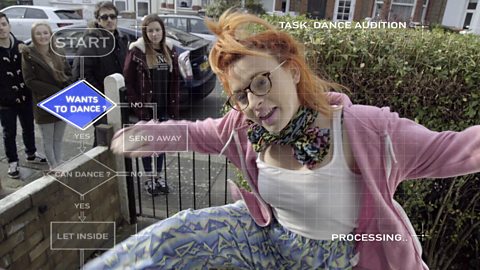
Computer Science: Problem Solved. collectionComputer Science: Problem Solved
In this series of short films Dev Griffin looks at the use of technology and computational thinking in daily life and how it might be applied in the future.
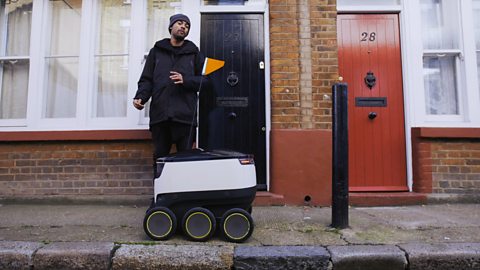
Coding: The Future is Creative. collectionCoding: The Future is Creative
In this series of short films for secondary schools, web developer Chloe Watts meets five of the UK's most creative coders, working in music, art, gaming and fashion.
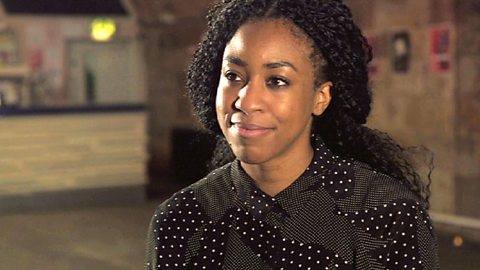
Megabits. collectionMegabits
Filmed in real life work settings, this series of short films for secondary schools looks closely at what a computer consists of, how the various components work, how it processes data, and how it is used in robotics and software development.
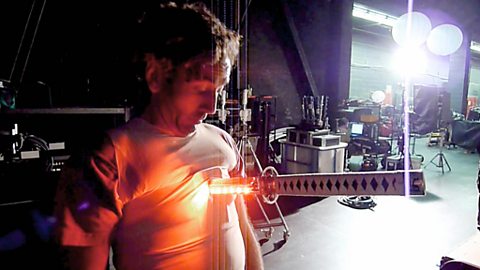
The Royal Institute Christmas Lectures 2014. collectionThe Royal Institute Christmas Lectures 2014
Professor Danielle George reveals the amazing technology behind the gadgets we take for granted and shows how they can be hacked and adapted to do amazing things.
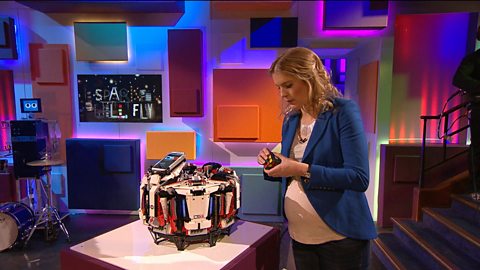
The Royal Institute Christmas Lectures 2017: How does speech recognition software work? videoThe Royal Institute Christmas Lectures 2017: How does speech recognition software work?
In this short film from the Christmas Lectures series Professor Sophie Scott explains how a computer decodes the sounds that we make and turns them into words. Aimed at 11-14 year-olds.
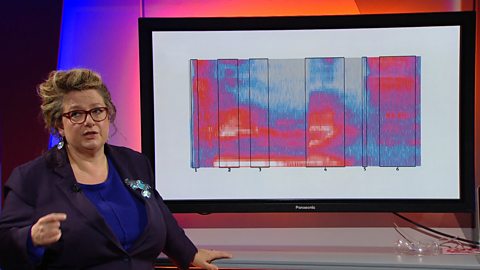
Are gaming jobs just for coders? documentAre gaming jobs just for coders?
In this interactive article vloggers and presenters Dan and Phil explore the range of career opportunities available in the gaming industry.
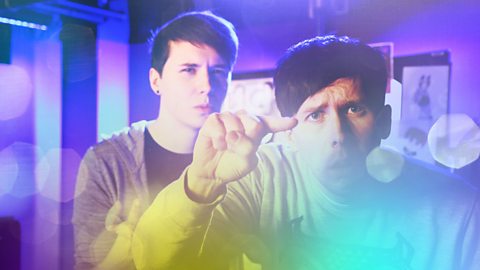
Is code the language that really runs the world? documentIs code the language that really runs the world?
Computers have changed our world beyond recognition. In this interactive article Lauren Laverne uncovers the language they have used to do this – computer code.
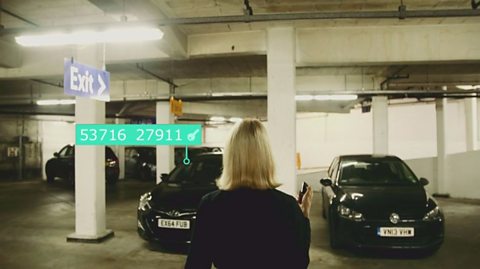
Alan Turing: Creator of modern computing. documentAlan Turing: Creator of modern computing
An interactive timeline of the great achievements and extraordinary life of British mathematician Alan Turing.
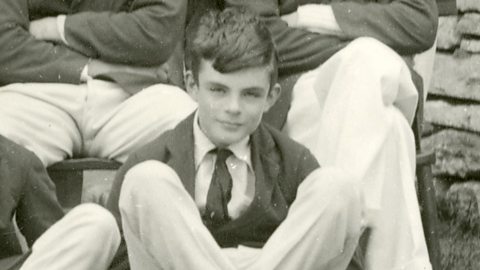
Watch again: Doctor Who and the micro:bit - Live Lesson. videoWatch again: Doctor Who and the micro:bit - Live Lesson
The micro:bit is put to the test at the controls of the TARDIS in this interactive lesson for 11-14 year-olds in collaboration with Doctor Who.
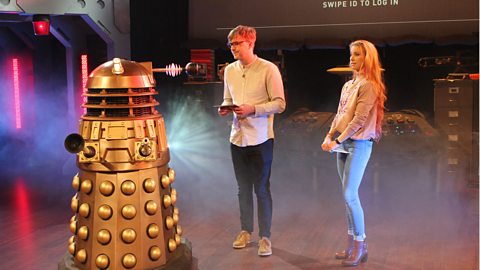
Watch again: micro:bit: Mission to Mars - Live Lesson. videoWatch again: micro:bit: Mission to Mars - Live Lesson
Investigate how computer science can be used to aid man's exploration of space in this interactive lesson for 11-14 year-olds.
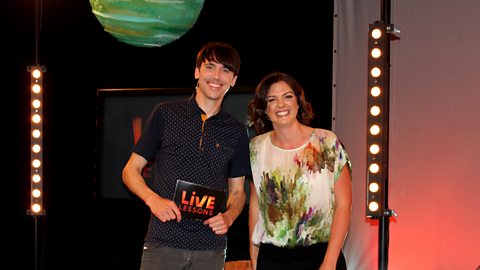
Watch again: Strictly micro:bit - Live Lesson. videoWatch again: Strictly micro:bit - Live Lesson
This interactive lesson for 11-14 year-olds introduces basic algorithms, loops, sequencing, variables and inputs and outputs with digital art and wearable technology.
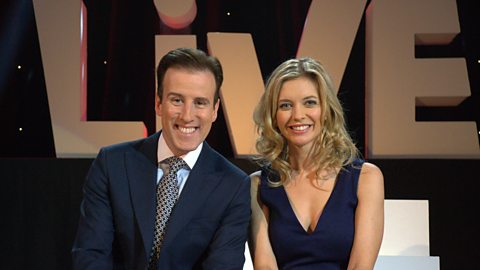
Watch again: Welcome to the micro:bit - Live Lesson. videoWatch again: Welcome to the micro:bit - Live Lesson
This interactive lesson encourages 11-14 year-old students to get creative, programming and making their very own digital creations in school and at home.
